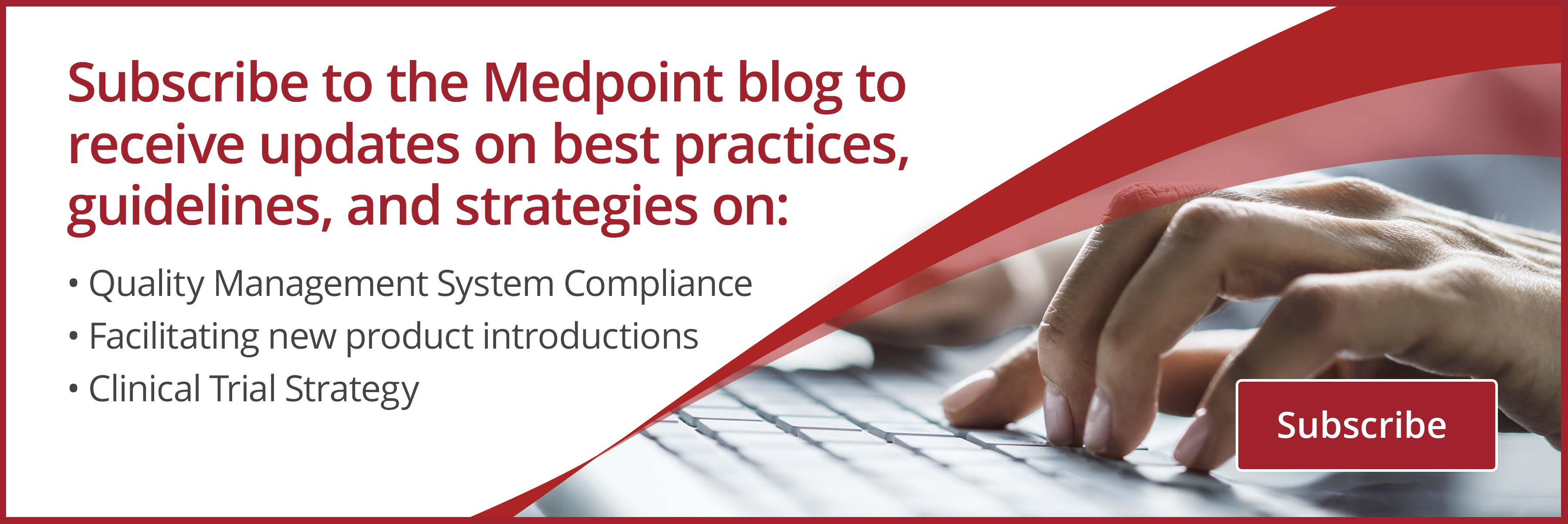The numbers are in for the first half of 2016 and as widely predicted, mergers and acquisitions are...
Understanding Management Commitment Expectations in ISO 13485: 2016
While there were some minor changes regarding Management Responsibility in the latest revision to ISO 13485, the expectations for top management commitment remain as important as ever. The active involvement of top management is crucial to ensuring the continued relevance and success of your company’s Quality Management System. Whether you are new to management responsibilities or have been handling them for years, reviewing the expectations of your role will help to ensure continual organizational improvement.
Management must intentionally communicate their commitment to the QMS. Without this top-down directive, the QMS is likely to become ignored, circumvented, and will quickly become obsolete. However this commitment is communicated, it must be clear that the QMS is valued and supported by management. This may require investments in certifications and training, but the benefit of employees thorough understanding of expectations and requirements will be readily evident during audits and in day to day company operations.
One way this commitment to the QMS can be shown is through the quality policy. Your policy should provide a clear organizational direction for employees. To ensure this, the quality policy and quality objectives should be regularly reviewed to guarantee they are mutually supportive. If they do not align, it may send a message to employees that management is disconnected from the day to day company operations. Make sure to seek feedback from those whose work affects the quality objectives. Do they feel the quality policy is clear about management’s goals? Do the objectives they work to achieve support that goal?
Another way to show clear commitment is through conducting management reviews designed to identify areas of improvement. The ISO 13485 standard is clear the management review should include a critical review of the company QMS. The needs of your organization will change over the years. If the quality system is not adapted to the meet these changes, it will quickly grow cumbersome, obsolete, and may even impede company growth. Seeking feedback from those who interact with the QMS on a daily basis will prove an effective strategy to ensure the system is constantly improving and supporting organizational needs.
Finally, management commitment to the QMS must include a regular review of the resources available to the organization. If your QMS requires activities to be completed that are beyond the expertise of employees such as calibration, validation, or audits, it may be necessary to hire additional support, or take advantage of qualified consultants who can provide perform the required tasks. Management shows a commitment to the QMS when they enable employees to do their jobs correctly by providing the right training or necessary outside support.
If you find yourself needing additional support to effectively manage your QMS in any capacity, Medpoint is here to help. We pride ourselves on partnering with you closely to ensure we most effectively provide the expertise needed to help you achieve organizational goals. To learn more, contact us: hello@medpoint.com or +1 800-200-9292.


.png?height=200&name=February%202025%20Blog%20Post%20(3).png)